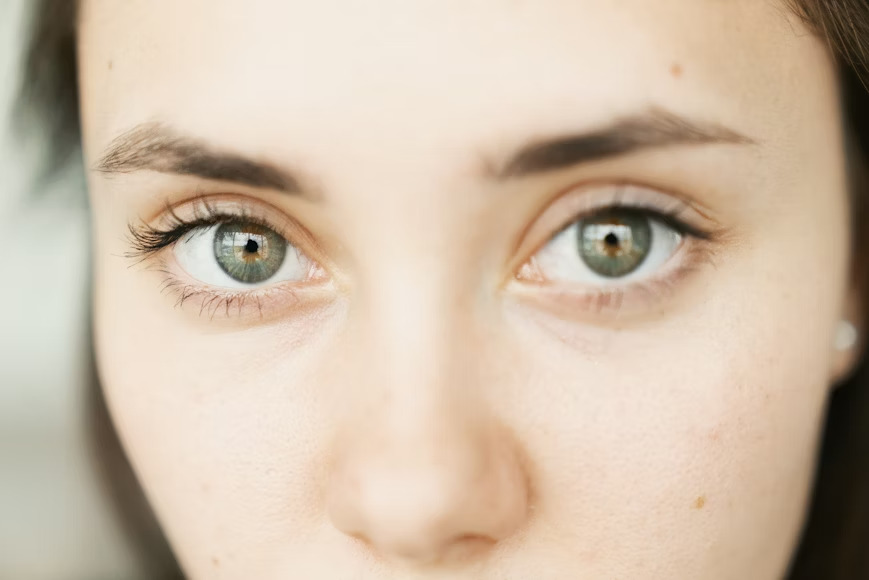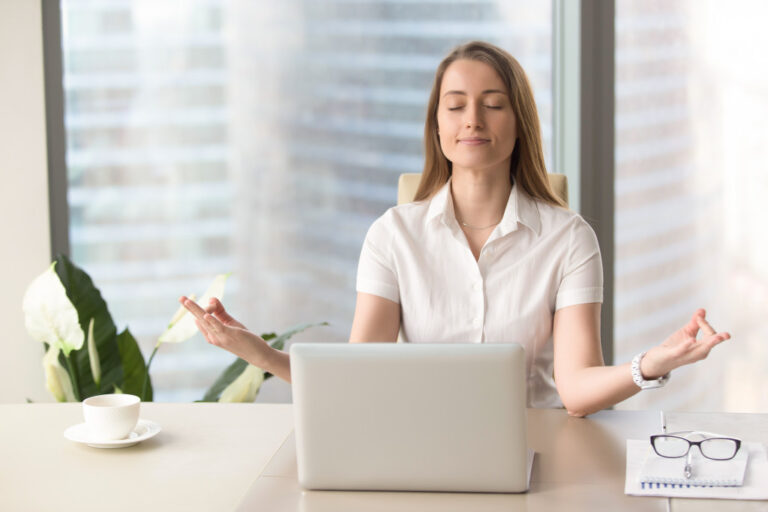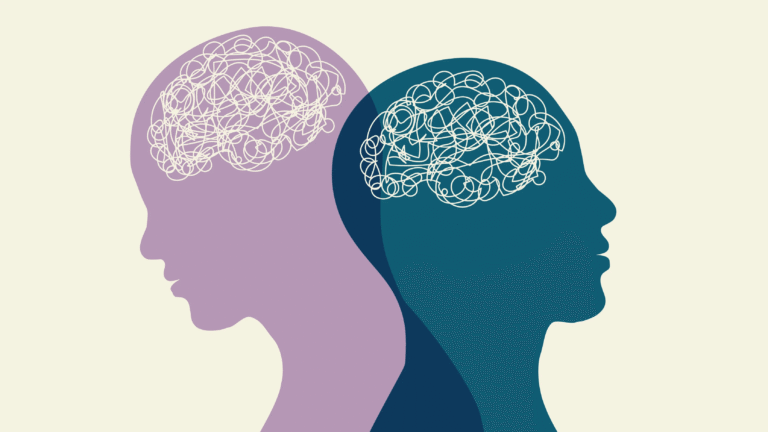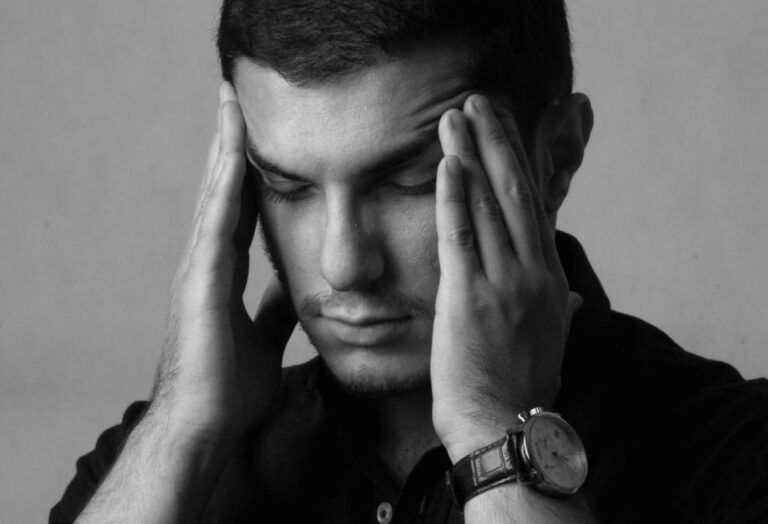Ever noticed how a rough day at the screen can leave you feeling drained, cranky, or oddly down? It’s not just your imagination. Your eyes and your mind are on the same team. If one drops the ball, the other often stumbles too.
The link between eye strain and mental health is a mystery that needs more attention. Caring for your vision can boost your mood and focus. Let’s explore this further.
Stressed Eyes, Stressed Mind: Why the Cycle Begins
Consider a student who stares at a laptop for hours, hoping the next coffee will make those blurry words make sense. Picture an executive who becomes frustrated after hours of reviewing spreadsheets, responding poorly to minor distractions. This is increasingly typical in our tech-driven society. Eye strain can lead to irritability and confusion. It creates a sense of being overwhelmed.
If you frequently rub your eyes or suffer from headaches, you’re not alone. Chronic eye pain deserves attention. Consulting ophthalmologists at Mann Eye Institute can help those with eye strain and protect their emotional health.
The Science Behind the Link
Let’s peel back the science. The brain signals eye strain from too much blue light or poor lighting. This activates the nervous system, releasing cortisol and turning eye fatigue into a full-body issue.
Visual fatigue makes your brain work harder to process information. This can lead to mental exhaustion from reading small text or juggling multiple tabs. It’s like your brain’s Wi-Fi slowing down due to congestion.
The more demanding your eyes’ tasks are, the more your mental clarity is affected. Even minor vision problems can sneakily intensify stress and lower your ability to focus or keep calm. That’s why it pays to tune into your eyes before your mind pays the price.
Common Triggers in Modern Life
Put it down to binge-watching, consecutive Zoom calls, or the allure of TikTok at two in the morning. Digital devices notoriously overwork our eyes. You have the makings of a frazzled mind and strained eyes when you combine poor lighting, small type, and the bad habit of missing breaks.
The majority of people ignore these warning indicators until their eyes rebel by becoming dry, inflamed, or experiencing recurrent headaches. Let’s face it: nobody brags about taking breaks for their vision, but everybody loves a meme about screen fatigue. The trouble is, ignoring early symptoms only sets off a domino effect. When your vision suffers, your patience thins, your focus wavers, and even minor stresses can seem huge. It’s not a sign of weakness. This is just biology meeting modern habits.
The Simple Solutions
Ready for some relief? Start with the basics and give your eyes a rest. The fabled 20-20-20 rule works. Make a habit of looking 20 feet away for 20 seconds every 20 minutes. Add a stretch or a silly face for bonus points.
Blinking may seem funny yet it’s necessary. People blink less when staring at screens and this can easily dry out their eyes. Try to make it a game by blinking intentionally now and then.
Set up your space for eye comfort. Keep the lighting soft, raise the letter sizes, and position the screens just below eye level. Blue light filters and frequent breaks are your new best friends if you spend a lot of time in front of a computer for work.
Don’t ignore the power of a real walk or a playful break. Movement isn’t just for your body; it resets your vision and refreshes your mind, breaking that vicious eye-mind stress loop.
Caring for Both Mind and Eyes
The problem arises when you reset your neural system by resting your eyes. Brief breaks can help your brain manage stress. Try closing your eyes for a few minutes or gazing out a window.
Consider techniques like focused eye movements or palming, which involves covering your eyes for a minute. This may enhance concentration and reduce anxiety.
Establish habits that support your mind and eyes. Stay hydrated and maintain regular sleep. Always include a visual downtime in your routine. The advantages will pile up once it becomes a habit. This will allow you to recover more quickly from those inevitable work bursts and screen-time ultras.
When to Seek Expert Help
Don’t let bouts of blurry vision slide by unnoticed. What feels like typical tiredness is your body’s way of waving a red flag. The truth is, your eyes and mind talk to each other more than you might think. Getting a professional’s opinion—whether that means checking your prescription or getting some practical advice—isn’t just smart, it’s a way to look out for yourself.
Conclusion
People often forget that eye care belongs right up there with all the other ways you look after your health. Taking small steps to protect your vision doesn’t just ease discomfort. This can also boost your mood and clear away mental fog.
A simple break, a few mindful blinks, or some expert advice can really make a difference. You are helping your mind when you also look after your eyes. This is how you break the stress cycle for good.














